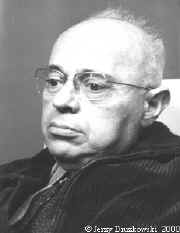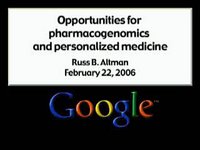Keywords: futures studies,
timeline of the future in forecasts,
technological singularity,
21st century2006-2010: AI chatbots indistinguishable from people by 95% of population
2006-2010: Emotion detection used in businesses to select front line staff
2008-2012: Insect-like robots used in warfare
2008-2012: Intelligent materials with in-built sensors, storage and effectors
2008-2012: Terahertz video cameras become social nuisance due to privacy invasion
2011-2015: Insect-like robots used for crop pollination
2011-2015: Commercial magma power stations
2011-2015: Academic learning is argued to be unnecessary in the age of smart machines
2011-2015: Electronic stimulation of brain sensations as recreational substitute for drugs
2011-2015: Orgasmatron
2011-2015: Materials exhibiting superconductivity at room temperature
2013-2017: Hotel in orbit
2013-2017: Terrorist use of GM to pollute crops and damage economy
2013-2017: Manufacture of long diamond fibres
2013-2017: Bacterial supercomputer
2016-2020: Human knowledge exceeded by machine knowledge
2016-2020: Fully auto-piloted cars
2020s: 3D home printers
2020s: Nanobots in toothpaste attack plaque
2020s: Smart yogurt, colony of smart bacteria linked together, IQ = human [!]
2020s: Digital image overlays enhance relationships
2020s: Global voting on some issues
2020s: Full direct brain link
2020s: Network based telepathy
2020s: Creation of The Matrix
2020s: More robots than people in developed countries
2020s: Android gladiators
2020s: Gated cities for civilised people
2030s: Space solar power stations
2030s: Use of solar wind deflectors to set fire to cities
2030s: Regular manned missions to Mars
2030s: Use of human hibernation in space travel
2030s: Space elevator based on carbon nanotube cable
2040s: Use of nuclear fusion as power source
2040s: Self sustaining Mars colony
2040s: Asteroid diversion used as weapon
Source: Responsible NanotechnologyBlogs:Future Blogs - The World 2 ComeAudio:Future - IT ConversationsSee also:Future - The World 2 Come
 Keywords: University of Adelaide
Keywords: University of Adelaide Keywords: University of Adelaide
Keywords: University of Adelaide Keywords: Stanislaw Lem
Keywords: Stanislaw Lem Keywords: arcology, skyscraper, Tokyo, Japan
Keywords: arcology, skyscraper, Tokyo, Japan Keywords: South by Southwest
Keywords: South by Southwest Keywords: journalism, news media
Keywords: journalism, news media Keywords: Instapundit
Keywords: Instapundit Keywords: del.icio.us
Keywords: del.icio.us Keywords: quantum computer, David Deutsch
Keywords: quantum computer, David Deutsch Image: Lem.pl
Image: Lem.pl Harold Burson:
Harold Burson: Keywords: Google
Keywords: Google Keywords: Google, server farm, data center, Google platform
Keywords: Google, server farm, data center, Google platform Keywords: Nobel Prize, Alfred Nobel
Keywords: Nobel Prize, Alfred Nobel